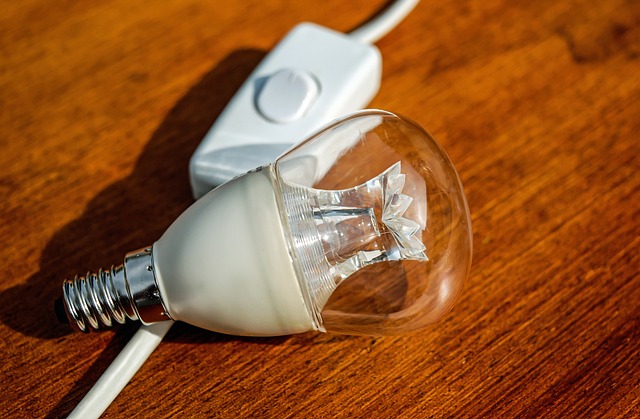The Extraordinary Impact of Breathwork on Health and Wellness
Have you ever pondered on the power of your breath? With each inhale and exhale, we not only provide our bodies with essential life-giving oxygen, but we also influence our mental and emotional state. Welcome to the world of breathwork, an ancient practice now gaining scientific credibility for its profound impact on health and wellness.

The Origins and Evolution of Breathwork
Breathwork, the conscious control of breathing, has a rich history rooted in ancient cultures. From yogic Pranayama in India to the Sufi practice of Tasawwuf in the Middle East, breath manipulation has been used for centuries as a tool for spiritual, mental, and physical well-being. In the late 20th century, therapeutic breathwork styles emerged in the West, and recent scientific research has begun to validate its numerous health benefits.
Breathwork and the Modern Health Landscape
With the rise of chronic stress and anxiety in today’s society, there is an increasing focus on non-pharmacological interventions like breathwork. Numerous studies show that breathwork can significantly reduce stress, anxiety, and depression. It can also improve sleep, increase mindfulness, and even enhance immune function.
The Science Behind Breathwork
Breathwork influences the autonomic nervous system, which regulates involuntary body functions like heart rate and digestion. By consciously changing our breathing pattern, we can shift from a stress-induced ‘fight or flight’ response to a ‘rest and digest’ state, promoting relaxation and healing. Further, breathwork can enhance oxygen delivery to tissues, supporting overall health and performance.
The Promise and Challenges of Breathwork
Breathwork is a safe, accessible, and cost-effective health intervention. However, it is not a cure-all and should not replace conventional medical treatment. Further, the practice requires patience and consistency, which can be challenging in our fast-paced world.
Fascinating Facts about Breathwork
- The average person takes about 20,000 breaths a day, most of which are unconscious.
- Breathwork can alter brainwave patterns, fostering relaxation, focus, or creativity.
- Research shows that breathwork can improve cognitive function, including attention and memory.
In conclusion, breathwork is an ancient practice with modern scientific backing. It offers a simple yet powerful tool to enhance our physical, mental, and emotional health. As we navigate the complexities of life, may we remember to pause, breathe, and harness the transformative potential of our breath.




